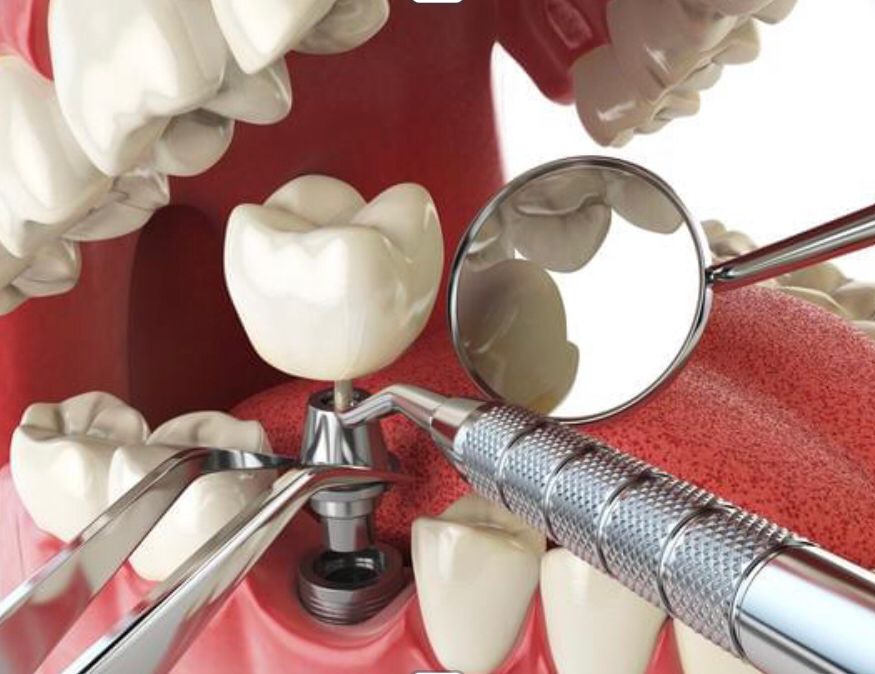[divider type=”1″]
[/divider]
“An ounce of prevention is worth a pound of cure”, a famous quote of Benjamin Franklin trying to remind us to avoid problems in the future rather than trying to fix them once they arise. I believe this goes to everything we do here in life, but as for your oral health this is related to dental cavities. Preventing cavities in your teeth or dental decay should be of most importance.
What is a cavity? It is also called as Dental Caries or Dental Decays. It is a hole in your tooth, which untreated can cause many other problems to arise. The food we eat and the bacteria that accumulate in our mouth cause plaque and therefore our mouth becomes more acidic. It is due to these acidic environments in your mouth that cause the bacteria to thrive. In these circumstances, bacteria and along with the acidic environment in the plaque dissolve the outer part of the tooth protection, creating holes called cavities. Acidic foods can break down your teeth’s’ outer shell, weaken the tooth and make the tooth more prone to tooth decay.
Dental Cavities are structural damage in the two outer layer of a tooth called the enamel and dentin. The enamel is the outermost white hard surface of the teeth and the dentin is the yellow layer just beneath the enamel. These two important layers serve to protect the vital structures of the inner living tooth tissue called the pulp where blood vessels and nerve are located. Small cavities are harder to detect and may not cause pain, therefore they can be unnoticed to lots of people, not until a larger cavity persist. Larger cavities can allow bacteria to penetrate the vital structure of the tooth affecting the inner pulp. In another words, when a cavity becomes larger it can damage the vital tooth structure, resulting in pain. That is one of the main reasons that lots of us have tooth ache, resulting in a different type of procedures needed to treat it. Thus, hot, sour and sweet foods constantly irritate the pulp causing pain.
[column width=”1/2″ title=”” title_type=”single” animation=”none” implicit=”true”]

[/column]
[column width=”1/2″ last=”true” title=”” title_type=”single” animation=”none” implicit=”true”]
Sticky substance called plaque. Plaque is always forming on our teeth and gums. Plaque contains bacteria that feed on the sugars in the food we eat. After we eat bacteria produce acids wherein attacks the teeth for 20 minutes or more. Neglecting good oral hygiene care, smoking, eating foods that are high in sugar and other carbohydrate, and not visiting your dentist for checkups can worsen the situation and increase the risk of dental caries.
[/column]
It is always better to treat small cavities before they come larger. Not treating smaller cavities early can require more extensive treatment in the future and in turn higher cost. So practising good oral hygiene is the 1st step to prevent dental cavities.






